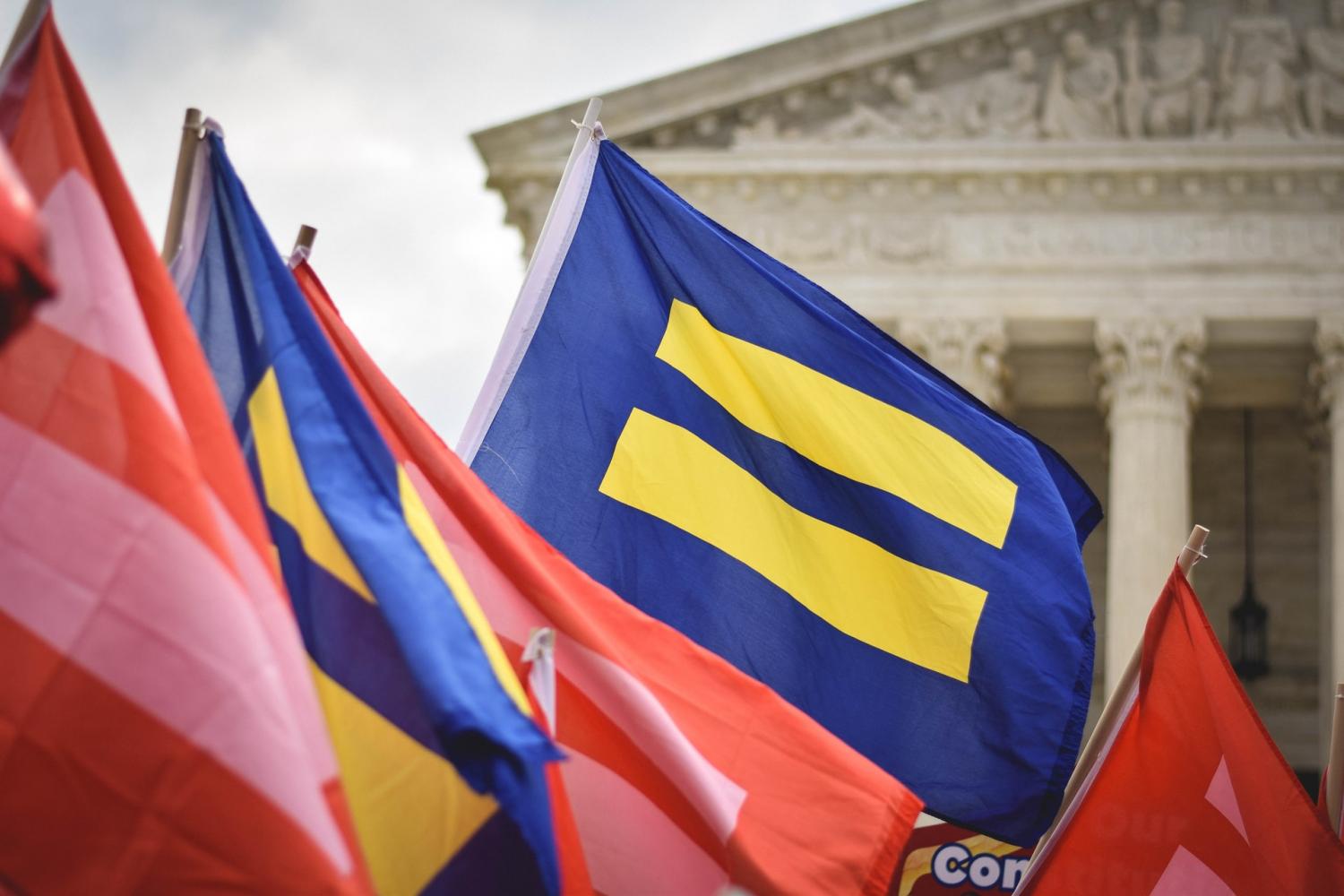
In a surprising 6-3 decision yesterday, the U.S. Supreme Court ruled that a federal civil rights law dating back to the 1960s also applies to LGBTQ workers. Even more stunning was the fact that Associate Justice Neil Gorsuch, an advocate of “textualism,” the belief that laws are based on words alone, not the intention of those who draft them, wrote the majority opinion.
Gorsuch’s interpretation in Bostock v. Clayton County was quite simple in laying out the case against discrimination based on sexual orientation:
“Consider, for example, an employer with two employees, both of whom are attracted to men. The two individuals are, to the employer’s mind, materially identical in all respects, except that one is a man and the other a woman. If the employer fires the male employee for no reason other than the fact he is attracted to men, the employer discriminates against him for traits or actions it tolerates in his female colleague.”
“Or take an employer who fires a transgender person who was identified as a male at birth but who now identifies as a female,” continued Gorsuch in explaining why the same rights apply to transgender workers. “Again, the individual employee’s sex plays an unmistakable and impermissible role in the discharge decision.”
Defendants in the Bostock case argued that Title VII of the Civil Rights Act of 1964 did not consider LGBTQ citizens when it banned employee discrimination based on race, color, religion, sex or ethnicity. And considering how the LGBTQ community in the U.S. lived in the shadows 56 years ago, it’s true that law’s authors hardly considered the rights of anyone gay, queer or transgender. But Gorsuch’s literal translation of the Civil Rights Act added to what has been almost two decades of federal courts chipping away against any LGBTQ discrimination across all of society.
Bostock is indeed a landmark ruling, one that should give LGBTQ citizens a huge sigh of relief, especially when considering the current economic climate due to the novel coronavirus pandemic. But as Ian Millhiser of Vox pointed out, the ruling is not entirely watertight. “That’s because the Court is also considering whether to grant employers with religious objections to LGBTQ people an exemption from anti-discrimination laws,” Millhiser wrote. “So the fate of individual LGBTQ workers remains unclear — at least for employees with bosses who object to LGBTQ people on religious grounds.”
Companies, therefore, should still feel compelled to communicate that they will ensure their LGBTQ employees will feel welcome, and protected, from any discrimination in the workplace.
Business groups were quick to applaud the ruling.
“Coming in the middle of Pride Month, this decision is a welcome blow against intolerance that makes America and our economy fairer and more inclusive, which will ultimately make us more successful,” said David Levine, president of the American Sustainable Business Council (ASBC), in an emailed statement to TriplePundit. “That is the central mission of ASBC and the nearly 250,000 businesses we represent. We were proud to join the arguments on behalf of this case and we are thrilled at the outcome.”
ASBC had filed an amicus brief with the Supreme Court in support of LGBTQ employees.
Technology companies, including Apple, Facebook and Microsoft, also showed their support for the Supreme Court’s ruling, noted by CEOs tweeting their reactions shortly after the ruling was made public.
Corporate organizations including the pro-business U.S. Chamber of Commerce, as well as the Society for Human Resource Management (SHRM), were also supportive of yesterday’s watershed decision. “The ruling provides much needed clarity and finality on the interpretation of Title VII's protections from the Court giving HR professionals clear guidance and a greater opportunity to create a world of work that works for all,” a SHRM press statement reads.
Companies that have been proactive when it comes to securing LBGTQ rights now know they have been on the right side of history. For organizations that have been slower to embrace a more inclusive work environment, or have supported efforts to resist or repeal such protections in the workplace, the Human Rights Campaign has this simple message: “No one should be denied a job or fired simply because of who they are or whom they love.”
Image credit: Matt Popovich/Unsplash

Leon Kaye has written for 3p since 2010 and become executive editor in 2018. His previous work includes writing for the Guardian as well as other online and print publications. In addition, he's worked in sales executive roles within technology and financial research companies, as well as for a public relations firm, for which he consulted with one of the globe’s leading sustainability initiatives. Currently living in Central California, he’s traveled to 70-plus countries and has lived and worked in South Korea, the United Arab Emirates and Uruguay.
Leon’s an alum of Fresno State, the University of Maryland, Baltimore County and the University of Southern California's Marshall Business School. He enjoys traveling abroad as well as exploring California’s Central Coast and the Sierra Nevadas.














